China's local officials doing cosplay to jumpstart tourism
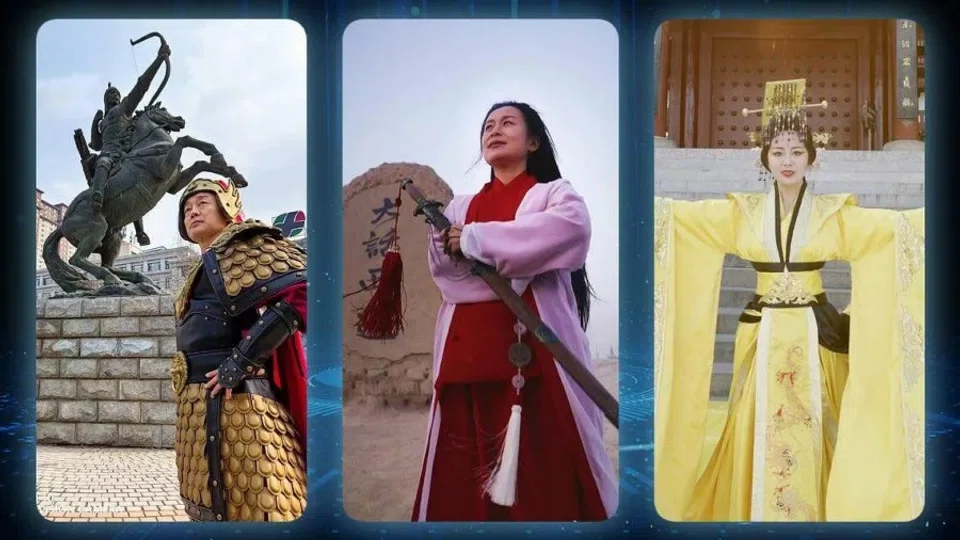
Tourism bureau chiefs of various regions across China have been going all out, doing cosplay to attract eyeballs and boost the local tourism industry. But their enthusiasm has been dampened after Chinese state media poured cold water on the idea.
In an article published on 19 May, Xinhua News Agency ran a commentary with the title "Please Stop Turning Tourism Bureau Chiefs Into Internet Celebrities!" It criticised regions that are blindly following the trend, saying that they have achieved little through such antics.
No right or wrong answer
The commentary said that many of the tourism bureau chiefs stop bringing in traffic or dividends soon after gaining online fame, as it is hard to sustain netizens' interest with a "tourism chief" title. Such antics are then reduced to pure self-indulgence. The article reminded readers that tourism is an integrated industry that requires multipronged approaches and efforts.
... the key is to be unique.
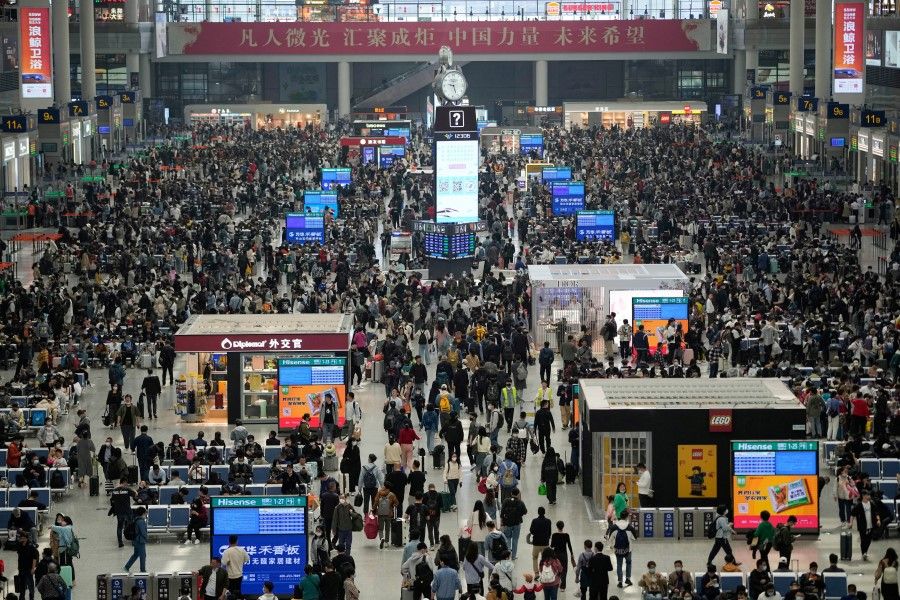
Netizens noted that there is some sense of novelty in local officials becoming internet celebrities, but the trendjacking eventually becomes a farce. However, other netizens disagree, saying that officials who are willing to make an effort to gain online popularity are better than those who simply sit idle in their offices and collect salaries.
In an online survey conducted by Guancha.cn's official Weibo account "Fengwen Community" (风闻社区) on 19 May, 122 out of 1,073 respondents did not approve of local tourism chiefs becoming internet celebrities to promote tourism; 139 respondents neither supported nor opposed the trend; and 241 respondents supported it. Another 564 respondents said that it depends on the circumstances - the key is to be unique.
Setting the trend
The trend of Chinese local officials striving to become internet celebrities can be traced back to 2020. China's tourism industry was hit hard by Covid-19 measures, and people could only make short domestic trips instead of travelling abroad. At the time, a short video featuring He Jiaolong, the deputy mayor of Zhaosu county in Yili, Xinjiang, went viral.
As of July 2022, she has hosted over 200 live streams, bringing in over 210 million RMB (US$29.8 million) in sales on her personal account.

In the video, He rides a horse on a snowy plain in a red outfit and speaks to the camera, describing herself as a "second-rate equestrian" while recommending everyone to experience the "first-rate heavenly horses" of Xinjiang. The video quickly went viral in China with over 500 million views, and He became known as the "internet celebrity-female county mayor".
After gaining many fans, He started marketing hard-to-sell agricultural products through live streams. As of July 2022, she has hosted over 200 live streams, bringing in over 210 million RMB (US$29.8 million) in sales on her personal account.
Subsequently, Liu Hong, the director of the Cultural and Tourism Bureau of Garze Tibetan Autonomous Prefecture (Ganzi prefecture) in Sichuan province, also went viral. His claim to fame was a cosplay video shot on the ancient Tea Horse Road in 2021.
In the video, the dashing Liu is dressed as an ancient Chinese swordsman donning a bamboo hat, and says to the camera: "Would you like to accompany me on an adventure and explore the beautiful rivers and mountains of Ganzi?" The video has already garnered more than 180 million views.
According to West China City Daily, Ganzi prefecture saw a record 34 million tourists in 2021 after Liu gained popularity.
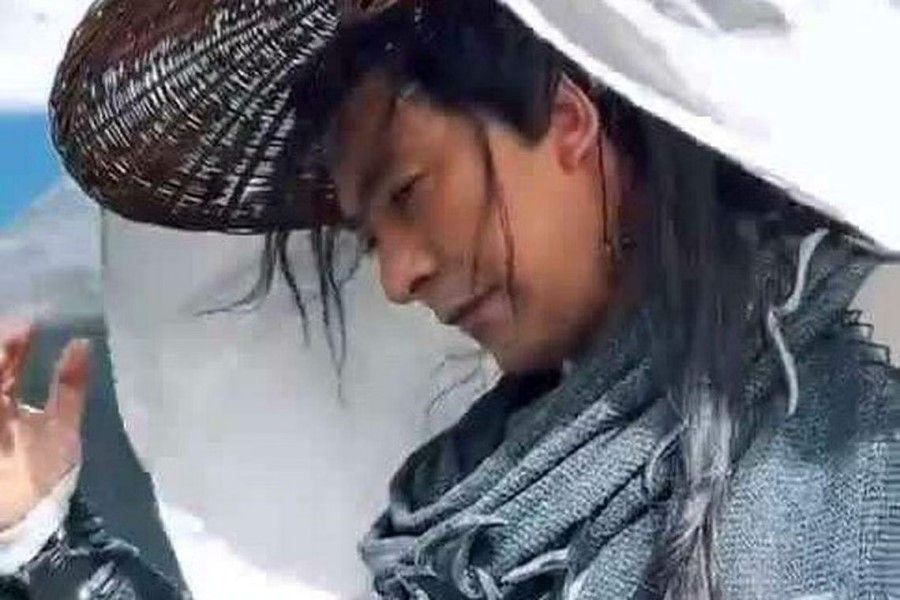
Liu rode the wave and continued to post videos to introduce Ganzi attractions on the short video platform Douyin, gaining a large following. According to West China City Daily, Ganzi prefecture saw a record 34 million tourists in 2021 after Liu gained popularity.
'Ugliness' sells too
With the new model of officials becoming spokespersons to promote local tourism started by the first-generation "internet celebrities" He and Liu, more cultural and tourism chiefs began to follow the trend in 2022, becoming tourism spokespersons for their respective regions.
In October last year, Xie Wei, the director of the Cultural and Tourism Bureau of Suizhou city in Hubei province, dressed up as a character in the style of the movie The Assassin for a promotional video. The video unexpectedly went viral because netizens considered Xie "ugly", with some netizens "advising" him not to force himself into such antics since he does not have the looks for it.
Nonetheless, the video brought attention to Suizhou despite the mixed response. During this year's Spring Festival, the number of tourists in Suizhou increased by over 30% compared with the previous year.
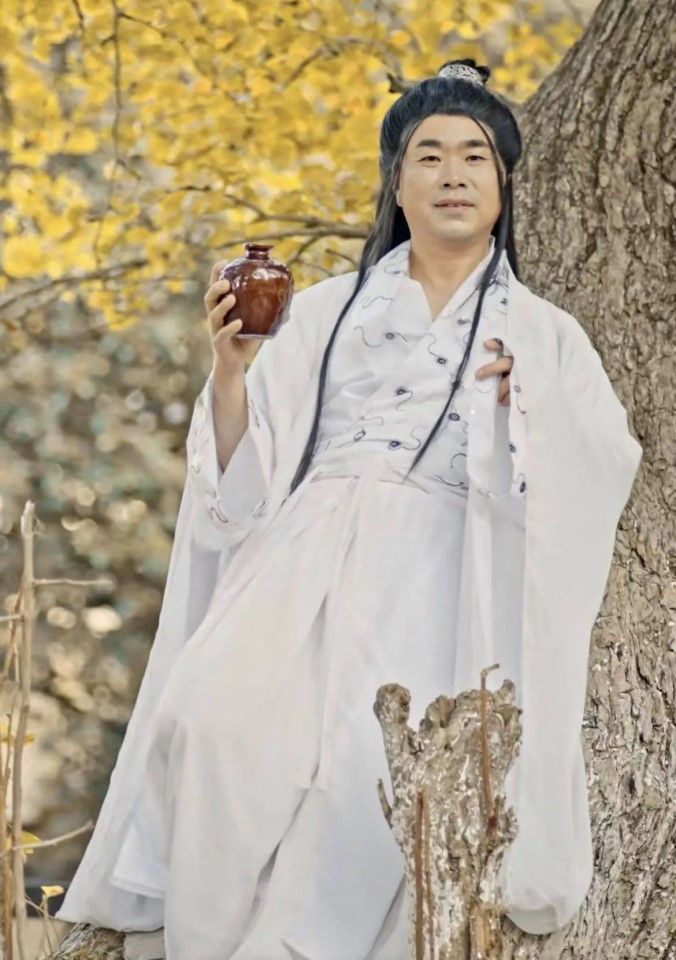
However, The Paper noted that the increase in tourists in Suizhou may instead be due to the lifting of Covid-19 restrictions in China at the end of 2022. It remains to be seen how the video views would translate into actual tourist numbers.
"It's obvious that a large budget was spent, and a professional team was hired to produce them." - Netizens
Unnecessary spending?
While its actual impact on tourism remains unknown, the trend shows no signs of ending, and cultural and tourism chiefs are getting more caught up in the craze to fire up local tourism.
Before the May Day holiday this year, many cultural and tourism chiefs in various regions were going all in to promote tourism. Among them, Gyaltsan Dorje, the director of the Cultural and Tourism Bureau of Daofu county in Sichuan, showed his versatility in his videos, playing characters such as an astronaut, Emperor Xuanzong of Tang and King Gesar, while introducing Daofu's beautiful scenery in Chinese and English.
Wang Feng, the deputy minister of the propaganda department of the Meishan Municipal Party Committee and the director of the Meishan Municipal Bureau of Culture, Radio, Television, and Tourism, did taichi on a bamboo raft floating on the river of Liujiang Ancient Town.
However, these elaborate videos have also faced criticism. Netizens pointed out that these videos were well-produced and visually stunning, unlike the initial self-produced videos, saying, "It's obvious that a large budget was spent, and a professional team was hired to produce them."
"People would only remember her and not the scenery..." - Netizens
Self-promotional?
A more controversial case was that of Du Bo, the director of the Cultural and Tourism Bureau of Tahe county in Heilongjiang. In February this year, she shot a tourism promotional video in negative 20 degrees Celsius weather, donning a white deer attire of the Oroqen tribe.
While the video attracted a lot of attention, most netizens questioned why her personal promotion took up a significant portion of the video, as the publicly funded film seemed to be mostly highlighting her instead of the scenic spots. "People would only remember her and not the scenery," netizens grumbled.
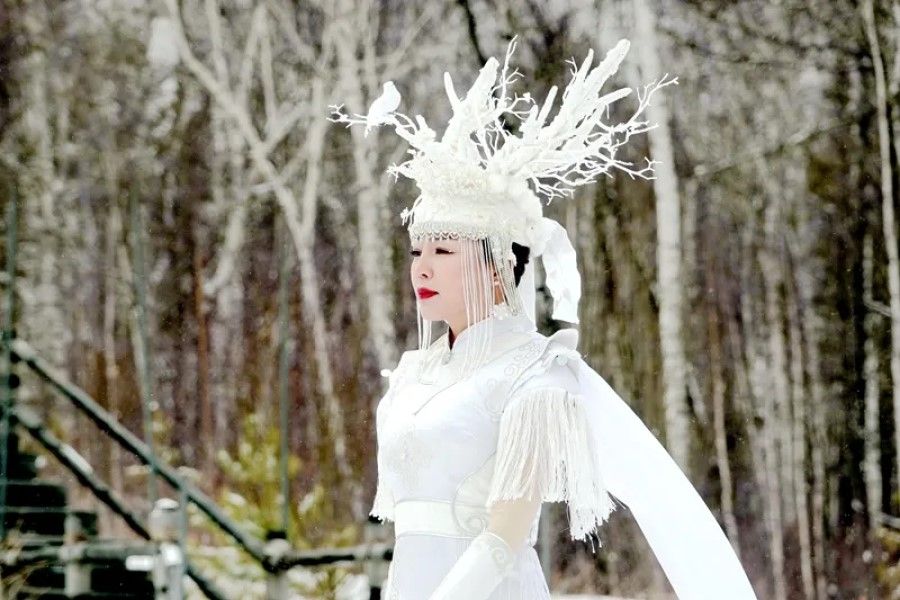
Even culture and tourism chiefs who had gained popularity early on are not spared from the mishaps. During the lockdown in Yili prefecture last year, some netizens told popular official He Jiaolong during a livestream that it was difficult to get food and medical care. She replied, "Just skip a meal and don't generate waste."
Her response sparked public anger, and netizens criticised that while officials seemed down-to-earth when they are selling products on live streams, the unintentional showing of an "official attitude" would easily put off people.
Netizens also questioned whether some culture and tourism officials were motivated to gain online fame for political gains. Notably, the officials who were first to go viral not only gained online attention but were also promoted.
The Paper reported that after the video "Riding a Horse on Snowy Plains" went viral, He Jiaolong was promoted from a deputy county mayor to a member of the party committee and deputy director of the Cultural and Tourism Bureau of Yili prefecture. In March this year, she was transferred to the Department of Agriculture and Rural Affairs of Xinjiang Uygur Autonomous Region, serving as the director of the Xinjiang Quality Agricultural Products Production and Marketing Service Center.
After Ganzi Cultural and Tourism Bureau director Liu Hong became popular, he was nominated for a deputy leadership position in the municipal team in October 2021. That same year, under his leadership, the Ganzi Cultural and Tourism Bureau was added to the national list as an advanced organisation for culture and tourism. This year, it was recognised as a model bureau for ethnic unity and progress.
However, given that the internet is all about novelty, such popularity is bound to fade.
Fleeting popularity
Indeed, there have been controversies amid the wave of culture and tourism chiefs trying to become internet celebrities. A Xinhua commentary said that in order to create internet celebrities out of culture and tourism chiefs, some regions are appointing officials based on looks rather than professional or industrial knowledge, which is "going off track and losing the point".
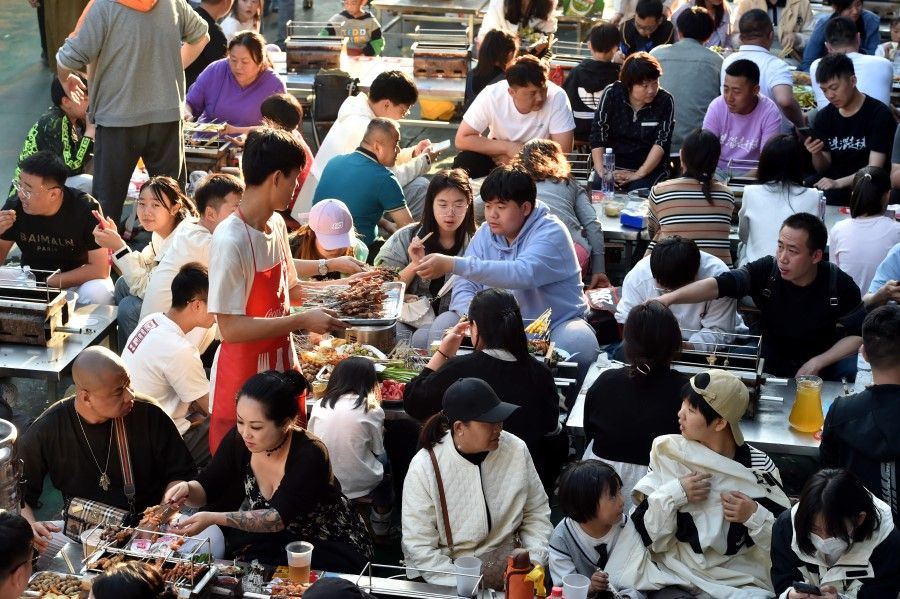
A commentary in the Qianjiang Evening News said that the "internet celebrity" phenomenon for tourism bureau chiefs has taken off due to the novelty of people seeing them in different roles. These officials have broken traditional public perceptions, becoming hot topics and sparking heated discussions. However, given that the internet is all about novelty, such popularity is bound to fade.
The article "Culture and Tourism Chiefs Doing Cosplay Are No Match for Zibo" published on the travel we-media site lvjie.com.cn said that short video audiences are already experiencing fatigue from such dress-up antics. It is also difficult to convert online traffic into offline engagement. When Zibo's culture and tourism chief took the lead in serving barbecue to tourists, the cut-and-dried strategy of dressing up the bureau chiefs seemed to pale in comparison.
For Chinese officials who usually lacked personability, putting up a performance seems to be a fresh take, and such innovation and experimentation have brought in some results. However, the sense of novelty is fleeting, and blindly following trends will only result in tackiness. Culture and tourism officials will need to combine creativity and traffic with local cultural characteristics and tourism experiences, to sustain interest in regional tourism while keeping web traffic alive.
This article was first published in Lianhe Zaobao as "文旅局长"网红风"踩刹车?".
